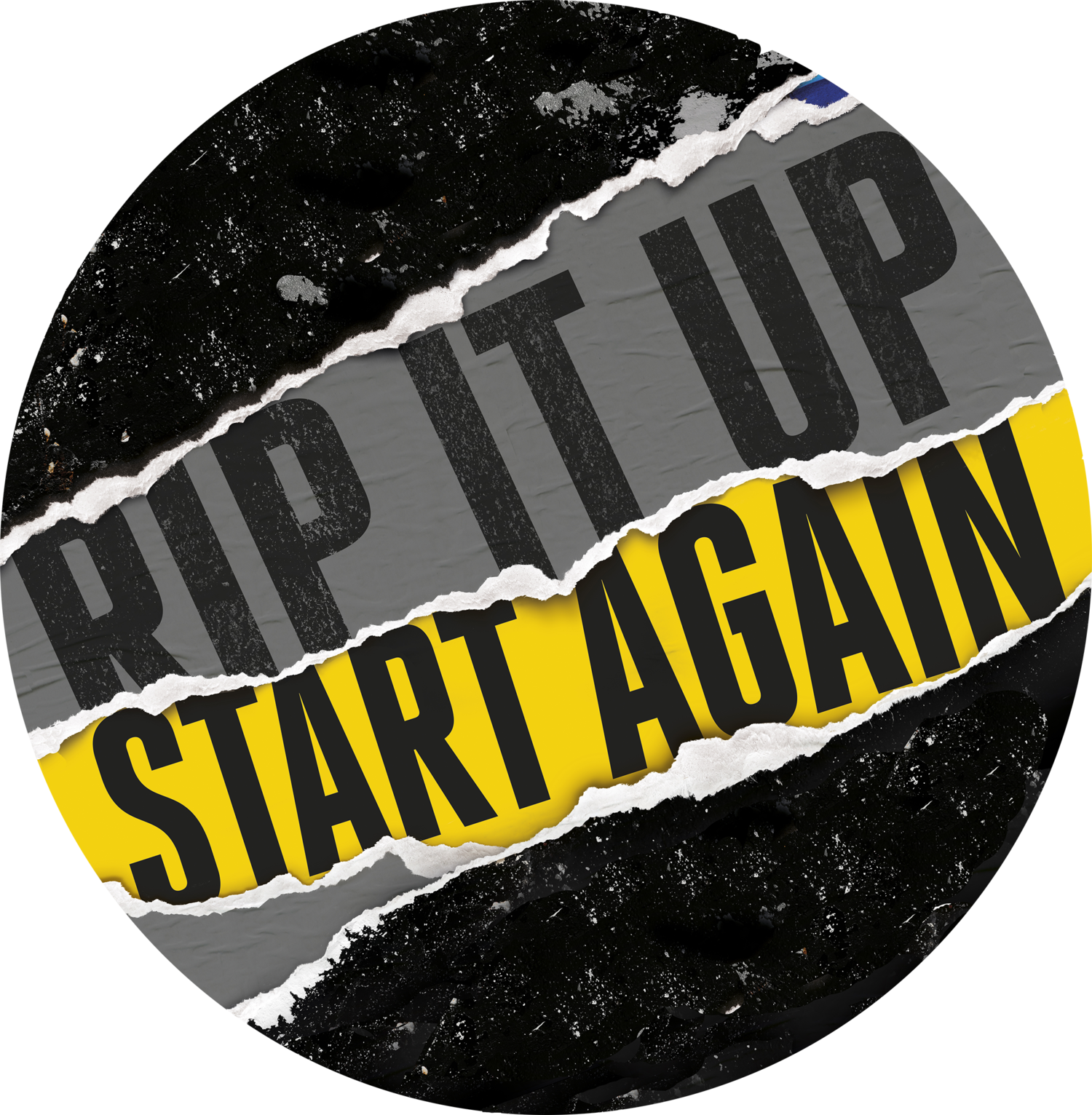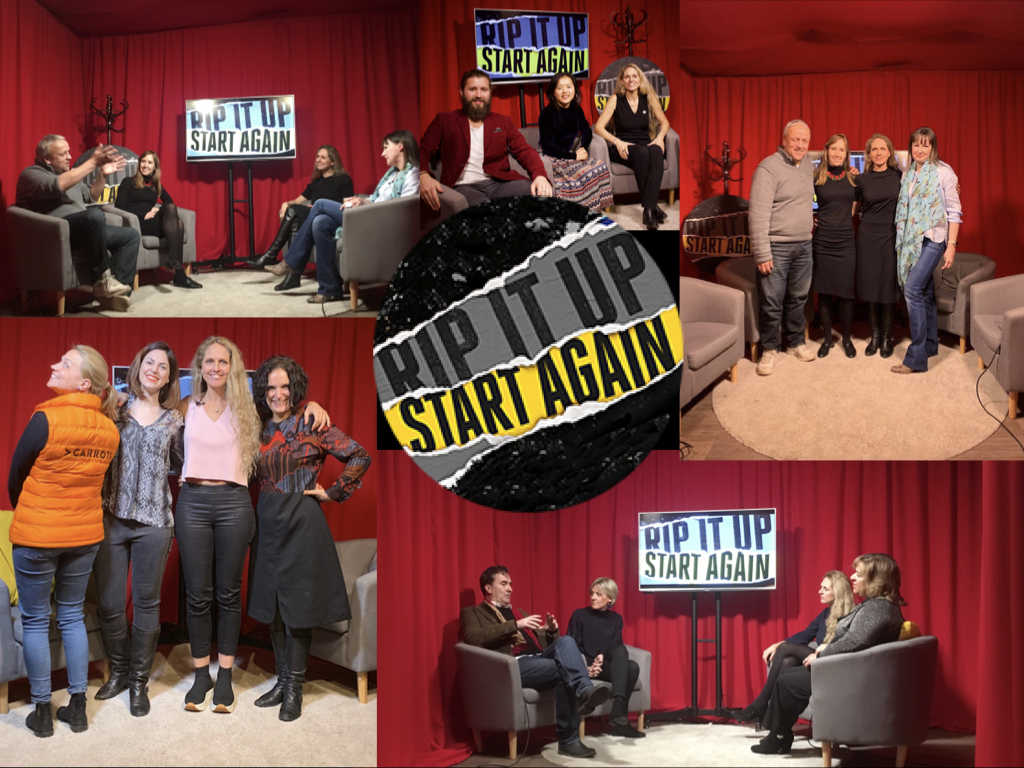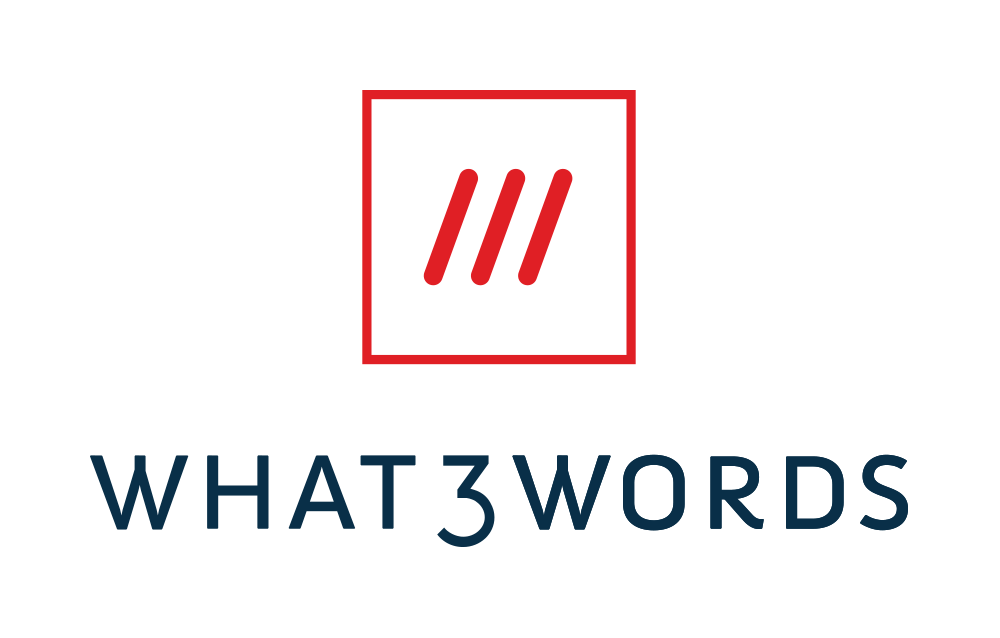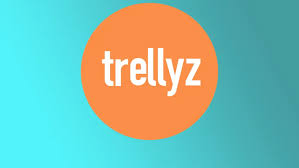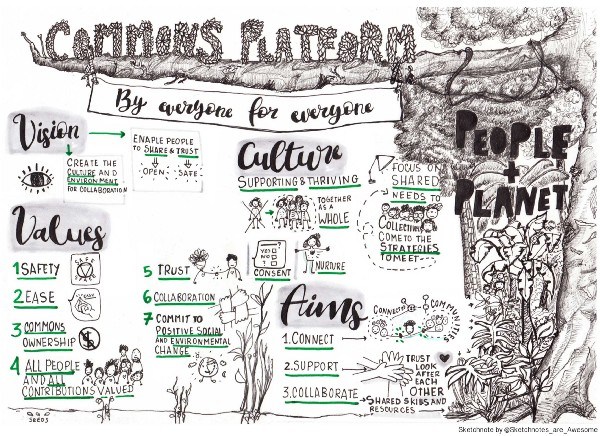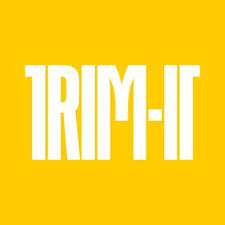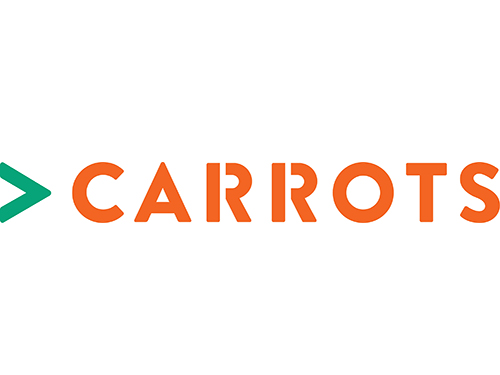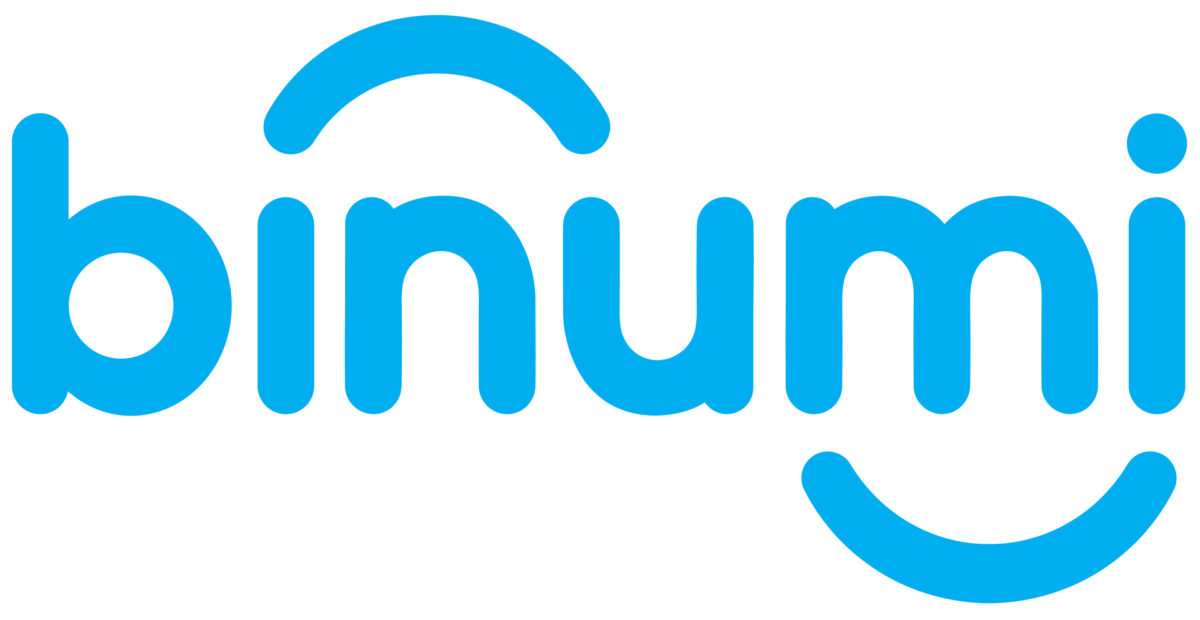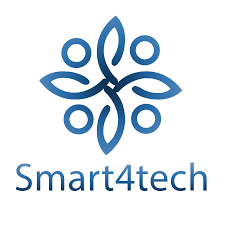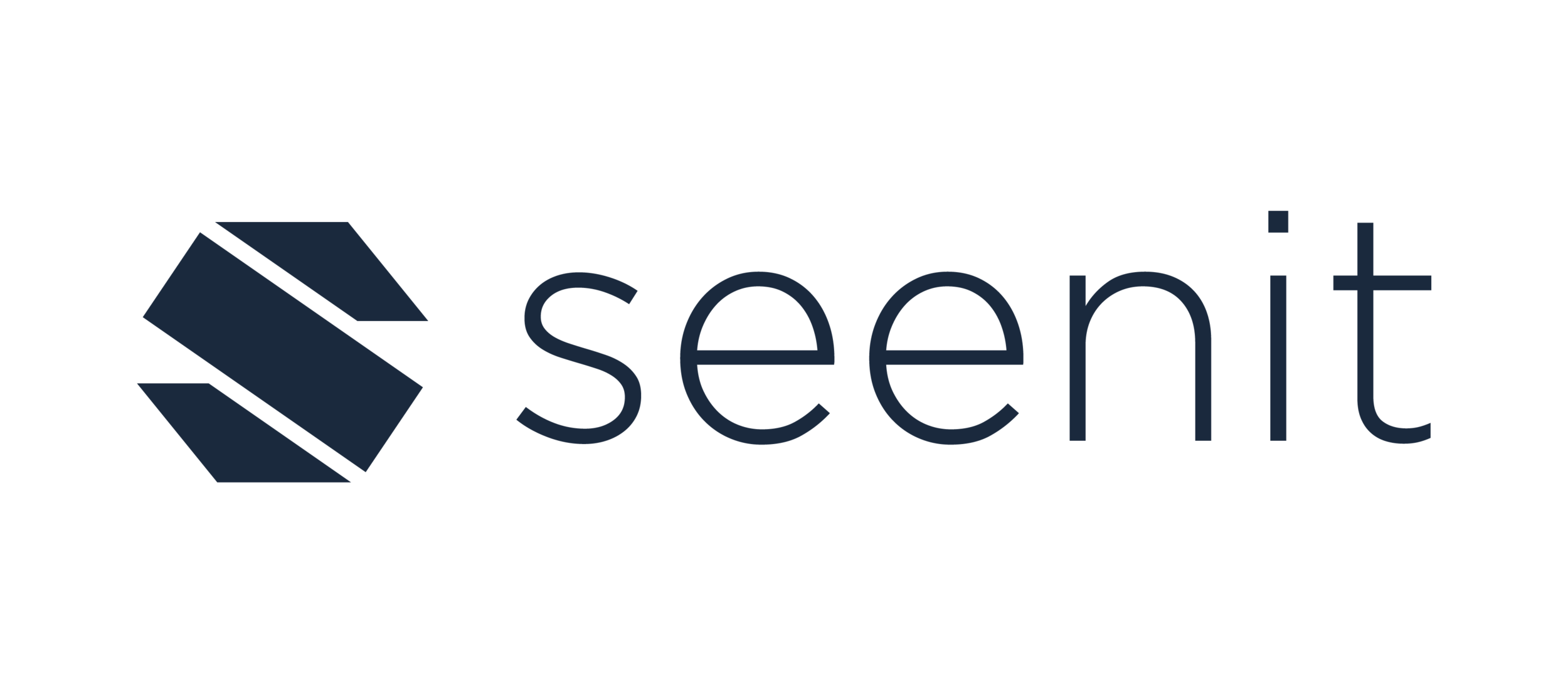Commercial Purpose Panel - London Tech Week - Rip It Up @ Paddington Works
/Rip It Up, Start Again have partnered with Paddington Works to bring you disruptor stories from some of the most exciting startups during London Tech Week 2019. Hosted by Lulu Laidlaw-Smith, this includes a series of five-minute overview and backstory from entrepreneurs followed by an interactive Q&A, keynote speakers and interrupters.
Commercial Purpose Panel - Anoushka Grover, Giles Rhys-Jones, StJohn Deakins, Nancy Roberts, Alistair Shepherd, Jo Eckersley
Anoushka Grover, Too Good To Go
Every year in the UK, families throw away around £700 worth of food, and a 1/3 of all food every single day is wasted nationwide. In fact, food waste in Europe alone would feed hundreds and millions of homeless people in our country. Socially and environmentally, food waste affects everyone. Ten years ago, Anoushka was working as a student at her local Starbucks. At the end of every shift, she was forced to throw out sandwiches, cakes, and biscuits that were no longer allowed to be sold because they had met their best by date. Of course, the food was still good to eat, but because of company policy, Anoushka wasn’t allowed to give the food away for nothing. Despite arguing against it, she was told that it was just the way things were — nothing was going to change. She resorted to hiding sandwiches in the shelves of the Sainsbury’s her location was in only to go after her shift and find them again, taking them home for her and the other students she lived with. This was only the beginning of Anoushka’s passion for food sustainability. She now works for Too Good To Go, a company that has paired with 25,000 businesses across Europe to help save food going to waste, connecting people via their app with restaurants, grocery stores and markets that have food they need to get rid of but don’t want to throw it away. So far, they’ve saved around 15.5 million meals around 11 different countries, with the help of their 11 million waste warriors. Their mission is to inspire and empower everyone to take action against food waste, and educating them to have a different outlook on food and sustainability. Find out more at https://toogoodtogo.co.uk/en-gb.
Giles Rhys-Jones, What3Words
Giles is the CMO of What3Words, a tech startup that is changing the global addressing system, creating a unified method of giving every single place on the planet a simple address. Giles was one of many that realised the current system in place was not working for everyone – rural areas, street names that appear multiple times in the same city, and especially those in our communities without homes. All of these create frustrations and inequalities, two things that What3Words aims to resolve. They’ve used technology to cut the world in 57 million three-metre by three-metre squares, giving each square a unique three-word address. The system operates from a free app and is available in 36 different languages. It’s even being used by postal services, delivery companies, and Domino’s in the Caribbean. Ford and Mercedes have also recently introduced the program into some of their models’ onboard GPS with 10 million cars on the road utilising the technology on the road today. Police departments and even the Red Cross and UN are beginning to use What3Words to facilitate in the event of emergencies when other addresses are indeterminable, saving countless lives. The UN has also stated that there are around 4 billion people in the world that do not have an address, meaning they can’t vote, get aid in a disaster, or create bank accounts, rendering them essentially invisible to the state. What3Words is striving to make the world more efficient, less frustrating and safer for everyone. Find out more at https://what3words.com/daring.lion.race.
StJohn Deakins, CitizenMe
Eight years ago, StJohn was living very differently. He had started a company that was connecting over 100 million people worldwide to the internet, and ultimately sold it to an American company for more money than he knew what to do with. He went on holidays, dabbled in VC land, did some startup advisory, even made a film about Twitter. But he realised that he was doing all the things that everyone else did when they successfully exited a company and made a lot of money — so he took his million-dollar lifestyle and ripped it up. He was missing purpose. He was young, and looking around him, he saw all the things that desperately needed to be fixed. But where to start? Watching his two young children grow, two large issues for their future came to mind: one was climate change, and the other was what happens with everyone’s personal data. He knew the shift into a digitized world was not slowing down, but he also knew that we were in danger of losing the human element in the midst of the tech. He resolved to dive back into startups to find a way to help humans sustain the evolving digital world. CitizenMe was started in 2013 in the UK, and basically reorganises the internet around the individual, giving everyone a copy of their own data. The beta of the app allowed people to scan the apps they already used, such as Facebook and Twitter, showing them gaps in their personal data safety, and teaching them how to change view and change privacy settings. The latest version of their app allows people to see what their data says about them, as well as controlling it, from something as simple as wanting to know how their Facebook profile reflects on them socially, to knowing when they might experience an episode when suffering from different mental health issues. The app is altering the ways in which people look at their own data and how it can be used effectively for them, not against them. Find out more at https://citizenme.com/.
Nancy Roberts, Umbrella
Nancy spent a long time working in industries where she felt like her voice wasn’t always heard in the room. She also noticed that others often felt the same way. She would ask her friends and colleagues, wondering if they shared any of the sae experiences– be it race, religion, gender, sexual orientation, it seemed that most people she knew felt some kind of discrimination in their workplace at some point in their career. The system of the workplace was flawed, she realised. If companies and businesses were given the tools to change how they manage their employees and work with them to dispel negativity in their work environment, it would only lead to success. Umbrella Analytics uses AI tech and works with HR teams in order to give them the tools they need to ensure that workplaces are diverse and inclusive, leading the way for not only more open and creative staff, but for a safer working environment that enables companies to achieve great things as teams. Find out more at https://umbrellaanalytics.net/.
Alistair Shepherd, Saberr
Saberr is a company that helps managers lead their teams effectively, driving them to perform at their best. Their focus is solely on teams, not individuals, because they feel that teams are where productivity losses and gains come from. Today’s hardest issues need teams in order to be solved. Taking the Nobel Prize as an example — increasingly it is being shared amongst a team of people because of the necessity and benefits of working in groups rather than alone. Alistair believes that individuals certainly contribute, but if you look back at the world’s history, it’s teams that have truly shaped it. Coachbot, created by Saberr, helps managers get their teams on track through confident communication. Its purpose is to help drive the conversations that should be happening but just aren’t. The program takes feedback from the individuals, such as what they think they should be discussing in the weekly meeting, and then creates a shared agenda for the group that allows everyone’s ideas and opinions to be brought up and covered, promoting inclusivity, diversity, and collaboration. Performance, engagement and trust all improve after only a short time using the program, demonstrating that communication is really at the heart of effective team management. Currently, Saberr is primarily working with larger enterprises such as the NHS, technology companies, and banks. Find out more at https://www.saberr.com/.
Jo Eckersley, Bubbl
Jo is the founder of Bubbl Limited, a company she started after moving away from a long career in PR, advertising and marketing. The push came from the changes she was seeing in the advertising world — what was once an industry built on relationships, connection, and sharing values with the consumer, was now something much more negative and dishonest. To her, it felt like the industry was moving away from long-term impact, to short-term gain. She wasn’t interested in making a lot of money fast, with the consequence of leaving behind a dark mark on society. From another point of view, she also felt that advertising and marketing were no longer serving the people as a whole, but individuals that they decided to hone in via personal data. Companies will use your data to market to you based on things like search history and often even stolen personal identity. Jo felt that she was not just one person. She’s a CEO and a mom, and both those labels come with different attitudes and needs, something that the current industry wasn’t appealing to. Bubbl is a real-time, location-based platform that enables customer engagement with brands, bringing that relationship aspect back into the equation of consumerism. The focus is entirely on content and the consumer, a big change from the current traditions of the market. Find out more at https://bubbl.tech/.
Q&A Highlights
Is what they’re trying to do going to end social media?
StJohn - “The mood in the market is changing really quickly at the moment. I was at the launch of a conscious advertising network, and we signed up to that. Lots of brands joining up, there’s kind of like a list of six points to ‘behave better’. And everyone in that room is saying ‘We’ve got to change the way that we’re working’. That’s one data point, another is about four or five weeks ago, talking to a senior person for Facebook and his comment was, ‘Mark is all about privacy, privacy is so important for us’ and 10 years ago he basically said privacy was dead, was an obsolete concept. So things are changing very quickly.”
On whether using What3Words to donate food to a homeless person in a specific location is possible?
Giles - “Exactly, one of our objectives is to give to people that don’t have an address or an identity exactly that. We’re being used, not in the UK, but we’re being used in informal settlements in South Africa, in Sierra Leone, for micro-finance, for solar-powered distribution. We’re being used in exactly that sort of instance. One of my dreams is that we get formally and legally recognised by a government where they go, ‘Yes, a three-word address is a legal address.’”
How do they grow their business?
Giles - “That’s really interesting because we spend a lot of time talking to logistics managers and process people who couldn’t quite understand the system. Why wouldn’t you use GPS coordinates? And so we had to find our audience in ambitious innovators, and they go to events like this, and they read Wired, and they look at innovation award shows and it’s very, very obvious when you’re talking to one of them because all of a sudden they can see the huge implications of a system like ours, and it’s also very obvious when you’re not talking to one of them.”
StJohn - “We have our caveat on that, and that would be talking to innovation teams in very large companies. They’ve been told to go innovate because the CEO wants a nice video of something.”
Nancy - “I think it’s a great question, and probably similar versions of the same answer for all of us, I think for me one of the interesting things is around often how slow big businesses understand social change.”
Alistair - “I think organisations get a lot of flack for not innovating, but if you speak to most employers within the organisation, they want to see change and so for us, really, when we were approached with the problem it was really about finding the people who, you know, which budget lines would pay for this type of innovation?”
